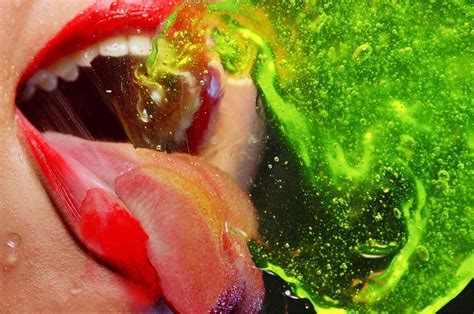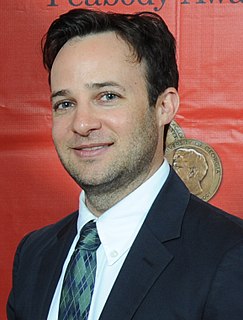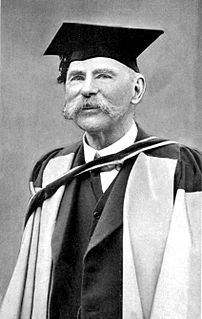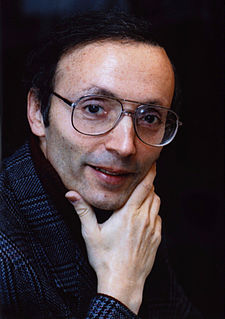A Quote by Bill de Blasio
The common belief is that you are either a dreamer or a realist. But idealism and pragmatism aren't as far apart as one might think.
Related Quotes
What the nostalgic past and the imaginary future seem to share in common is a form of idealism, perhaps a dream of wholeness. Our future is just as goopy with sentiment as our past. To me, they're the same, both very tempting, and I don't believe in either, although the idealism is probably important.
Youth is a period of idealism. The Communists attract young people by appealing directly to that idealism. Too often, others have failed either to appeal to it or to use it and they are the losers as a consequence. We have no cause to complain if, having neglected the idealism of youth, we see others come along, take it, and harness it to their cause - and against our own.
I find that it's a very odd thing to think of competition when you're talking about what I still think of as art. I don't think of competing with actors or filmmakers at all. You do compete, in a way, at the box office, but we're far enough apart when both films are coming out that I'm not concerned with that either.
The yearning for the common good comes from the refusal to accept that perhaps Americans have very little in common apart from the elements of a sometimes successful civil religion based around a sentimental, indeed sometimes teary-eyed, attachment to the constitution and a belief in the quasi-divine wisdom of the founding fathers.
Obviously, if theism is a belief in a God and atheism is a lack of a belief in a God, no third position or middle ground is possible. A person can either believe or not believe in a God. Therefore, our previous definition of atheism has made an impossibility out of the common usage of agnosticism to mean "neither affirming nor denying a belief in God."
In the face of the idea that truth might afford the opposite of satisfaction and turn out to be completely shocking to humanity at any given historical moment, ... the fathers of pragmatism made the satisfaction of the subject the criterion of truth. For such a doctrine there is no possibility of rejecting or even criticizing any species of belief that is enjoyed by its adherents.


































